It is not really a surprise that political parties produce a certain number of oddballs; the scary thing is that they often rise to senior positions. It is hard to believe, reading The Political Bubble, that Mark Latham was once presented as the alternative leader of the country, and many people voted for him. One can only suppose that we were much younger then.
It is not that he is unintelligent; more that he appears to see politics as largely about finger-pointing and toe-cutting. Following both his time in parliament and his stream of newspaper columns can be a bewildering journey, a dark labyrinth of quicksand below and demons above. He seems to hate, well, everyone, and he wants us all to know it. So it is remarkable that the theme of The Political Bubble is that Australian politics has become over-inflated by an excess of personal abuse, extremism and hyperbole. This, from a book that features, on the cover, a histrionic anti-Abbott endorsement from Robert Manne. It’s not a good start.
Of course, sledging has always been a part of Australia’s political language. It might be more a part of ALP culture, perhaps due to the party’s union roots (think Fred Ward, master muckraker), but the conservative side has had its share of bucketers. Latham’s point, as far as can be discerned, is that 24/7 news and social media has brought it to the fore, crowding out all else. He admits he was part of the problem when he was ALP leader, often deliberately raising the temperature to gain media coverage. If something wasn’t a ‘crisis’ it wasn’t worth talking about, and still isn’t. All sides, and the media too, must bear responsibility, says Latham, and he nominates Greens Senator Sarah Hanson-Young as someone whose career appears to be based on confected, and ludicrously inconsistent, outrage.
In principle, this is a good point. But Latham just can’t help himself when it comes to his long list of feuds and grudges. It is not clear whether he hates his Labor enemies more than the conservatives: it probably comes out about even. The circle of bile grows ever wider, and Latham happily jumps into conspiracy territory. His chapter-long examination of the criticism of Gillard over union slush funds, for example, concludes that it was all a vast conspiracy. Doubts over the veracity of climate change? Another conspiracy. Gina Rinehart? A right-wing conspiracy. And so on.
One of the reasons that hyperbole has replaced policy, says Latham, is that governments can’t actually do much to affect people’s lives. He goes on to say that middle-class welfare should be rolled back, but then attacks the Abbott government for trying to do it – for “ideological” reasons. This raises a fundamental contradiction. You can attack someone for having convictions, or you can attack them for not having convictions, but it doesn’t make sense to attack them for both. Force of habit for Latham, perhaps: rigour is not his style.
As an antidote to “ideology”, Latham proposes to hand over large sections of policymaking to panels of experts, on the model of the Reserve Bank. He is vague on how this would be done, although he says that a body on climate change, for example, would have to avoid “propagandists” like Tim Flannery. So who chooses the ‘experts’? It seems like one of those ideas that looks fine, until you think about it.
But the suggestion that politics could do with less shouting is sound. Maybe the answer is to attach a cost to symbolic outrage. So here is a modest proposal. A large glass jar be placed in the Great Hall of Parliament; whenever a politician, journalist (including bloggers and tweeters), or interest-group advocate uses the word ‘crisis’ they have to put $50 in it. In no time at all, this would solve the Budget, er, crisis.
If Latham is right that many Australians feel alienated from politics, perhaps it is because the parties work very hard at manipulating them. This is a pattern examined by Stephen Mills in The Professionals, which tracks the rise of the back-room operators of the Labor and Liberal parties (the Nats and others are not included, which is a shortcoming of the book). He interviews many who have held the key positions – federal director for the Liberals, national secretary for the ALP; they each double as campaign directors – to see how the parties, once driven by enthusiastic amateurs, became the province of technocratic elites.
Mills sees the technology of campaigning as a key factor, allowing for tracking polls and, over the past few years, micro-targeting. An increasingly aggressive media required centralised control of campaigns to ensure consistency of message. Over time, campaigns have ratcheted up the negativity and bribery factors, for the simple reason that they work. And, as Mills emphasises, campaigns are all and only about winning. That is something on which both parties agree.
It adds up to an interesting piece of work, if a somewhat dry one. After all, the point of professionalism is to take the passion out of the process, turn it into a system of clear-minded, analytical mechanics. It isn’t pretty, but at least now we have a better picture of how it happened.
Got something to add? Join the discussion and comment below.
Get 10 issues for just $10
Subscribe to The Spectator Australia today for the next 10 magazine issues, plus full online access, for just $10.
You might disagree with half of it, but you’ll enjoy reading all of it. Try your first month for free, then just $2 a week for the remainder of your first year.

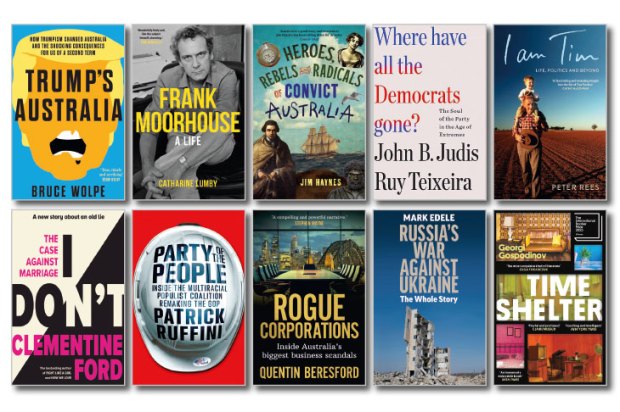
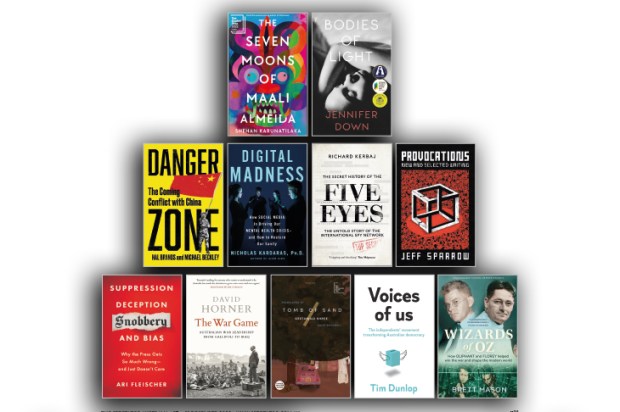
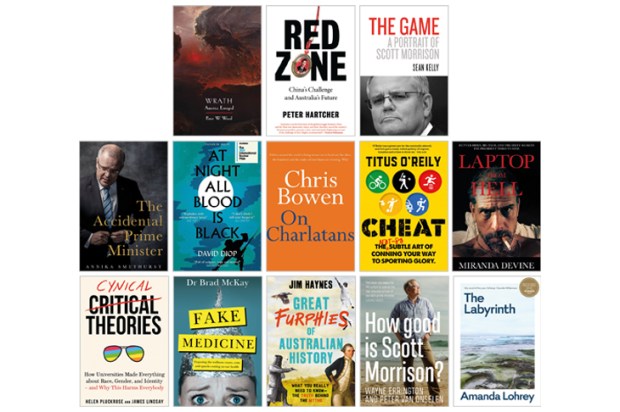
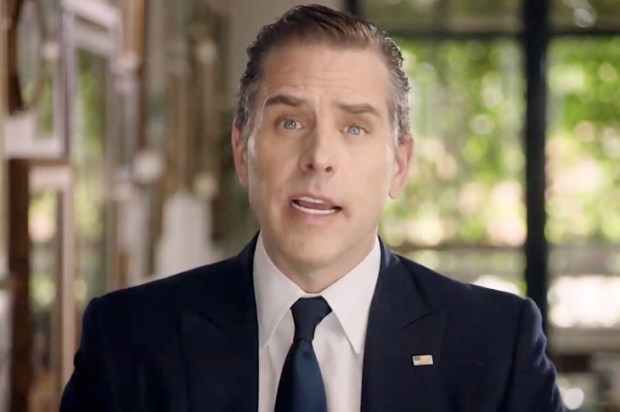

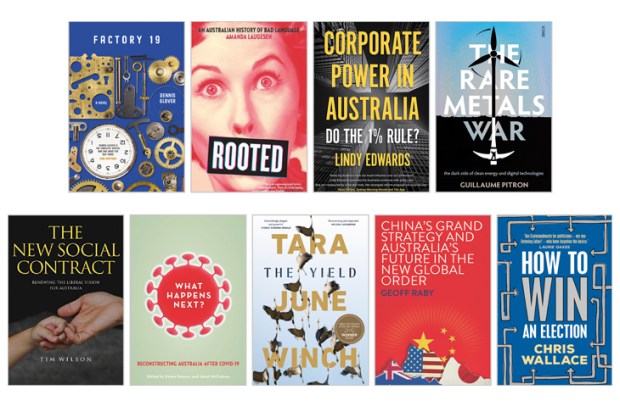






Comments
Don't miss out
Join the conversation with other Spectator Australia readers. Subscribe to leave a comment.
SUBSCRIBEAlready a subscriber? Log in